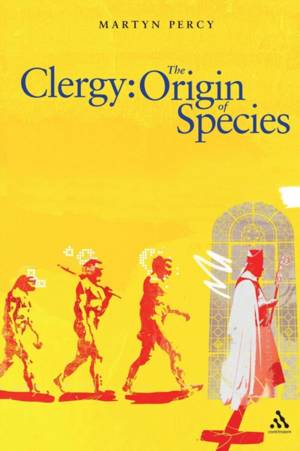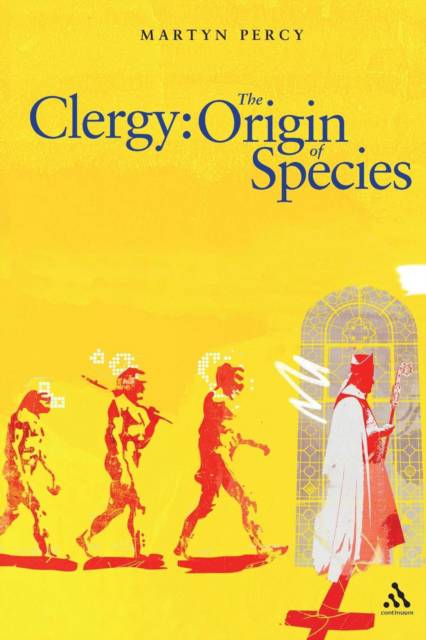
- Retrait gratuit dans votre magasin Club
- 7.000.000 titres dans notre catalogue
- Payer en toute sécurité
- Toujours un magasin près de chez vous
- Retrait gratuit dans votre magasin Club
- 7.000.0000 titres dans notre catalogue
- Payer en toute sécurité
- Toujours un magasin près de chez vous
Description
Clergy: The Origin of the Species explores the origins and development of the clergy and offers a study of a profession that, although mostly confined to clerics in the Church of England, will nonetheless have implications for students of cultural studies, social theory, pastoral studies, theological and religious studies. The book uses insights from Darwin and Foucault to chart the rise of the professional clergyperson in modern society. It uses a variety of sources to illustrate how clergy identity has been constructed: 'thumbnail' sketches from various periods of church history, primary sources, pastoral theology, literature and other media. The aim is to show how the identity of the clergy has steadily evolved, so that each variant of the 'species' has proved highly adaptable to each new context/climate. The book offers a serious treatment of material that is, at times, humorous: of hierarchies, manners, clerical dress, stipends, and other 'material' that are often implicit within standard church histories. Percy suggests that although the clergy have now become a highly specialized profession within contemporary society, there are consequences for which Darwin and Foucault can offer insights that provide further illumination. For example, the shape of the profession today - selecting, training and deployment - makes the clergy more remote from the 'clerisy culture' that Coleridge envisaged in the late eighteenth century. The manner of everday dress also distinguish the clergy from the public in ways that were not known before 1860. The modern clergyperson is, relatively speaking, an innovation.
Spécifications
Parties prenantes
- Auteur(s) :
- Editeur:
Contenu
- Nombre de pages :
- 208
- Langue:
- Anglais
Caractéristiques
- EAN:
- 9780826482808
- Date de parution :
- 19-12-06
- Format:
- Livre broché
- Format numérique:
- Trade paperback (VS)
- Dimensions :
- 160 mm x 231 mm
- Poids :
- 353 g

Les avis
Nous publions uniquement les avis qui respectent les conditions requises. Consultez nos conditions pour les avis.






